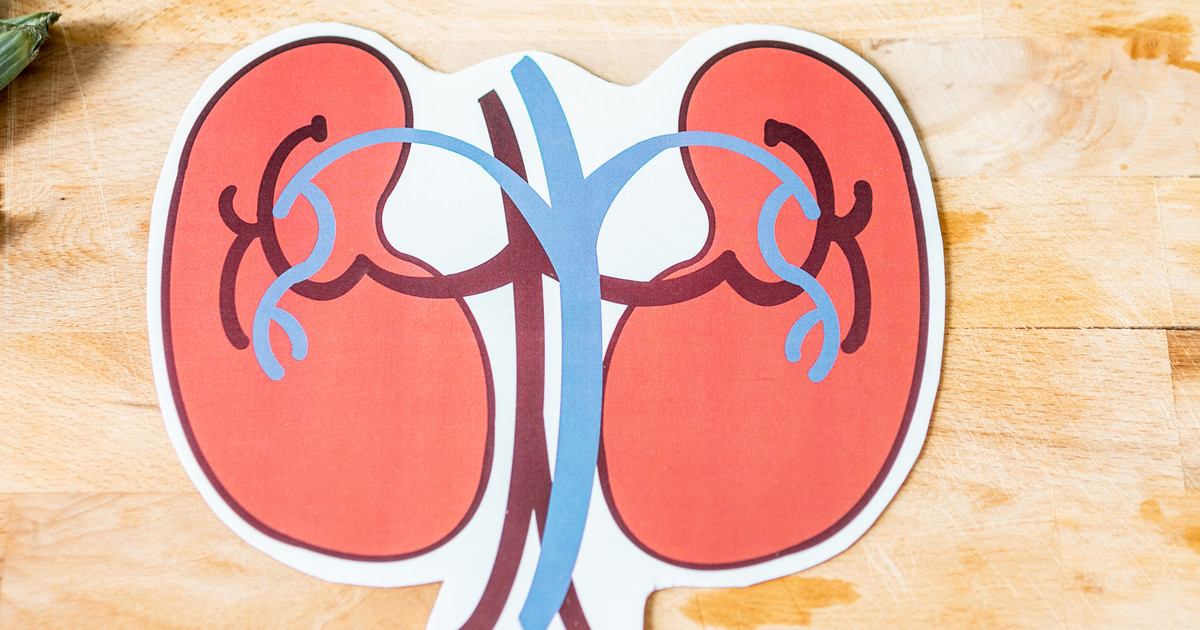Get To Know The Causes And Risk Factors For Sepsis
Sepsis means you're responding an uncommon way to an infection. This one's serious and actually, normally a medical emergency! First, your doctor has to confirm that you have an infection. Once they do, ladies, they will check on your blood pressure and respiration rate. If you have sepsis, your top blood pressure reading will be less than 100 mmHg. Your respiration will be 22 breaths a minute or faster!
The best way to stop septic shock from happening is to get fast sepsis treatment. Ladies, you will get antibiotics for sepsis. The hospital also gives IV fluids for sepsis! Many of you need other meds for sepsis too, especially once the doctors pin down the cause! Some examples are vasopressors and pain meds for sepsis. You will also want to have supportive care for sepsis. The best treatment for sepsis, though, starts with knowing the cause!

Pneumonia
Pneumonia's a lung infection in the air sacs. They're going to fill with fluid or pus. Ladies, this is what makes it hard for you to breathe well. Unfortunately, you can get pneumonia in both lungs! You're lucky when it happens in just one. Bacteria and viruses cause pneumonia.
Pneumonia's hard to spot, since the symptoms don't always happen overnight. They appear over a few days! The warning signs are fatigue, sweating, fever, chills, coughing up mucus or phlegm, and nausea. Other symptoms are chest pain that gets worse when you breathe or cough, vomiting, diarrhea, and losing your appetite! If you're older, ladies, or have a weak immune system, you will also have a low body temperature and confusion as signs! Thankfully, you have a few treatments. Antibiotics for bacterial pneumonia work. The viral type, ladies, gets better when you rest, drink fluids, and take fever medication!
Bacteremia
Another cause of sepsis is bacteremia. This is when bacteria have gotten into your blood and contaminated it. Ladies, infections can cause this one. Other causes are catheters being left in for too long, surgery, and some medical conditions! Bacteremia has many symptoms. Some common ones are fever, chills, confusion, weakness, and feeling dizzy. Ladies, skin changes are symptoms too, such as red skin over a large part of your body and a purple rash. Thankfully, they're not as common! If you have a hard time breathing or aren't peeing much, get emergency help.
Your doctor will order some blood and urine tests. They help them find out what bacteria caused your condition! Ladies, if you have a catheter, it will likely be taken out. You will need antibiotics for bacteremia. If they don't work enough, surgery is on the table! Thankfully, you can prevent this condition too. Wash your hands before and after touching your catheter! You need to change any bandages you have a lot too.

Kidney Infection
Kidney infections put you at a very high risk of sepsis. Ladies, the most common reason you get one is if a UTI spreads to your kidneys. That said, kidney surgery also triggers an infection too! Using a catheter and urinary tract blockages are other risk factors here. Signs of this kind of infection are painful peeing, cloudy pee, blood or pus in your pee, and pain. The pain's often in your side, back, groin, or abdomen. Other symptoms are fever, chills, and feeling the need to pee often. Your doctor will diagnose a kidney infection with blood tests, urine tests, and imaging studies. The first two check for bacteria!
Ladies, you will get antibiotics for these infections. If it's a severe one, you will also need the hospital! If you keep getting kidney infections, you need more tests. Your doctor has to check for an underlying issue, like a structural problem with your urinary tract!
Digestive System Infection
Parasites, viruses, and bacteria are trigger digestive system infections. The most common are E. coli and Salmonella! Ladies, these infections put you at a very high risk of getting sepsis. Most of the time, you will get one of these infections from food or water. If either are contaminated, it's possible! You will see common symptoms like cramps, weight loss, diarrhea, nausea, and vomiting. Fever, dehydration, and losing your appetite are 3 more signs! Sometimes you will also deal with mucus or blood in your stool. Most of the time, you have these symptoms for 5 to 7 days. That said, they can last for 2 weeks too!
You need your doctor right away for symptoms like vomiting blood or bloody stool. A fast appointment is great for vomiting when it goes longer than 48 hours or if your fever reaches 104°F or higher. Thankfully, there are ways to treat these infections! Antibiotics are common, as are OTC pain medications and fever reducers. Ladies, you also need to try eating food with lots of fiber!

Weak Immune System
When you have a weak immune system, you get more infections. This includes sepsis! Ladies, many things can make your immune system weak. Autoimmune conditions are a major cause. Examples are lupus and rheumatoid arthritis! You will also get a weaker system with conditions like heart disease and diabetes. Your doctor will use blood tests to check on your immune system. This helps them see your WBC and immunoglobulin levels!
You have to treat your condition. This is how you make your immune system stronger and lower your risk of sepsis! While this is happening, be sure to wash your hands a lot, get some sleep, and avoid sick people!